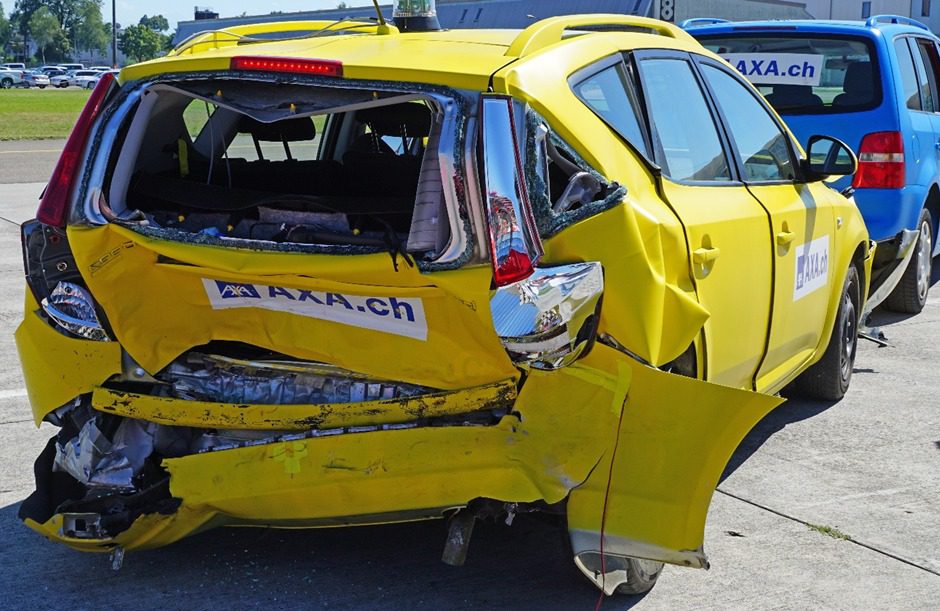Imagine your friend borrows your car to run a quick errand. They promise to be careful, but later you get a phone call that makes your stomach drop. There has been an accident, and your car is damaged.
After checking that your friend is okay, another question quickly comes to mind: who pays for the damage? Many people don’t know what happens in this situation or who is liable in a car accident when someone else is behind the wheel.
It can feel confusing, but the general rule is that car insurance follows the car, not the driver. Still, the details depend on your policy, your friend’s insurance, and how the accident happened. Understanding how this works can save you a lot of stress if you ever find yourself in this situation.
Whose Insurance Applies
In most cases, your car insurance is the first one that covers the damage. If your friend wrecks your car, your policy will likely pay for the repairs and any injuries or property damage caused to others. This is called primary coverage.
If the costs are higher than your coverage limits, your friend’s insurance might help cover the rest. This is known as secondary coverage, and it only applies if your friend has their own valid insurance.
When Your Friend Has Permission
Insurance companies care a lot about whether your friend had permission to drive your car. If you allowed them to use it, your insurance should still apply. This is called “permissive use,” and it usually means your insurer will handle the claim like any other accident.
If your friend took your car without asking, the situation changes. Since they didn’t have permission, your insurance company might refuse to cover the damages. In that case, your friend could be personally responsible for paying for the repairs and any injuries.
What If Your Friend Was at Fault?
If your friend caused the accident, your insurance would likely pay for the damages up to your policy’s limits. You might still need to pay your deductible before your coverage takes effect.
If the damages are greater than what your policy covers, your friend’s insurance might help pay the rest. If your friend doesn’t have insurance or if the costs are too high, you might have to pay some expenses out of pocket. That is why it’s always a good idea to think twice before lending your car, even to someone you trust.
When Your Friend Is Injured
If your friend was hurt in the accident, medical costs might be covered in a few ways. If your insurance includes personal injury protection (PIP) or medical payments coverage, those benefits can help pay for your friend’s treatment.
If you do not have those types of coverage, your friend’s health insurance may step in to handle medical bills. Rules vary from state to state, so it’s important to know how your coverage works before an accident happens.
What Happens to Your Insurance Rates
Even though you were not driving, your insurance rates could still go up. Since the accident involved your vehicle, your insurer may count it as your claim. If the damage was serious, this could cause your premiums to increase.
It is always a smart idea to talk with your insurance company to find out exactly how your policy handles situations like this. They can explain what is covered, what is not, and how it could affect your future rates.
When to Talk to a Lawyer
If the accident caused serious damage or if there is confusion about who is responsible, you might want to speak with a lawyer. A lawyer can help you understand your rights, deal with the insurance company, and make sure you are not unfairly blamed for something you did not do.
Key Takeaways
- Car insurance usually follows the car, not the driver.
- If your friend had permission to drive, your insurance should cover the damages.
- You may have to pay your deductible and might see higher premiums.
- If your friend did not have permission, they could be personally responsible.
- When the situation is complicated, getting legal advice can help.



































